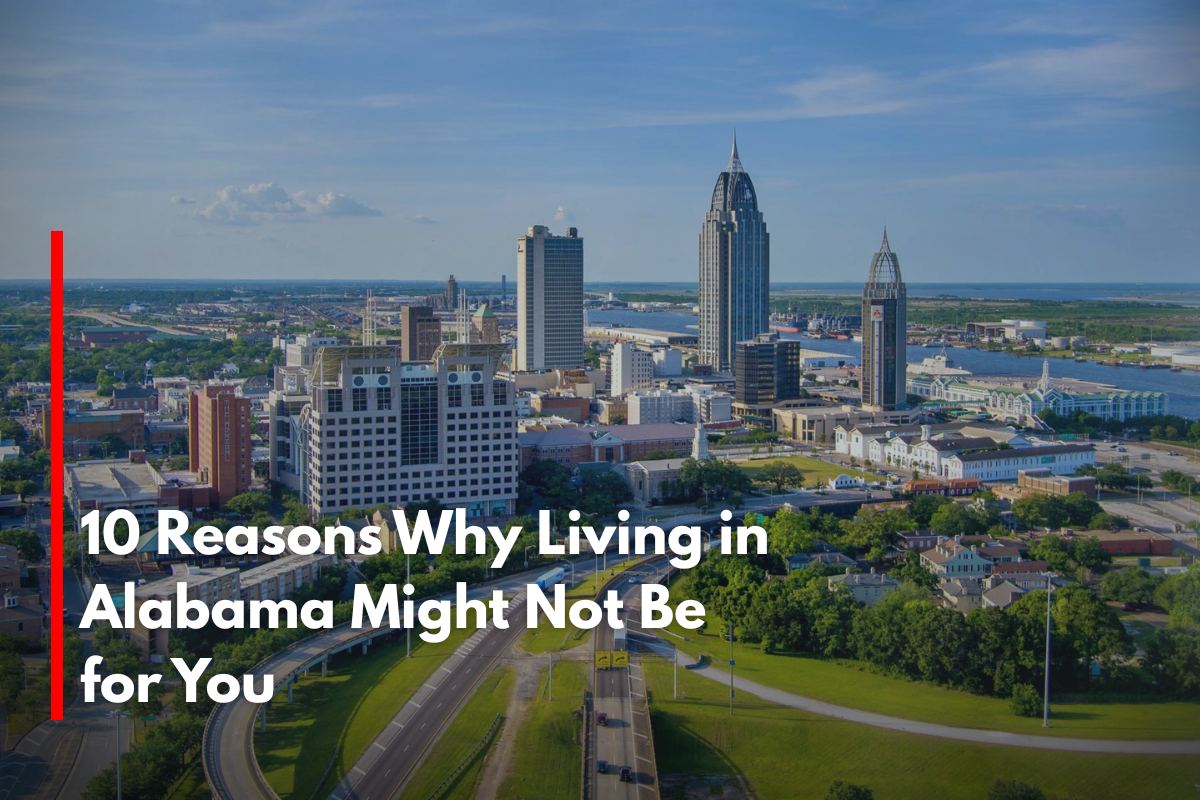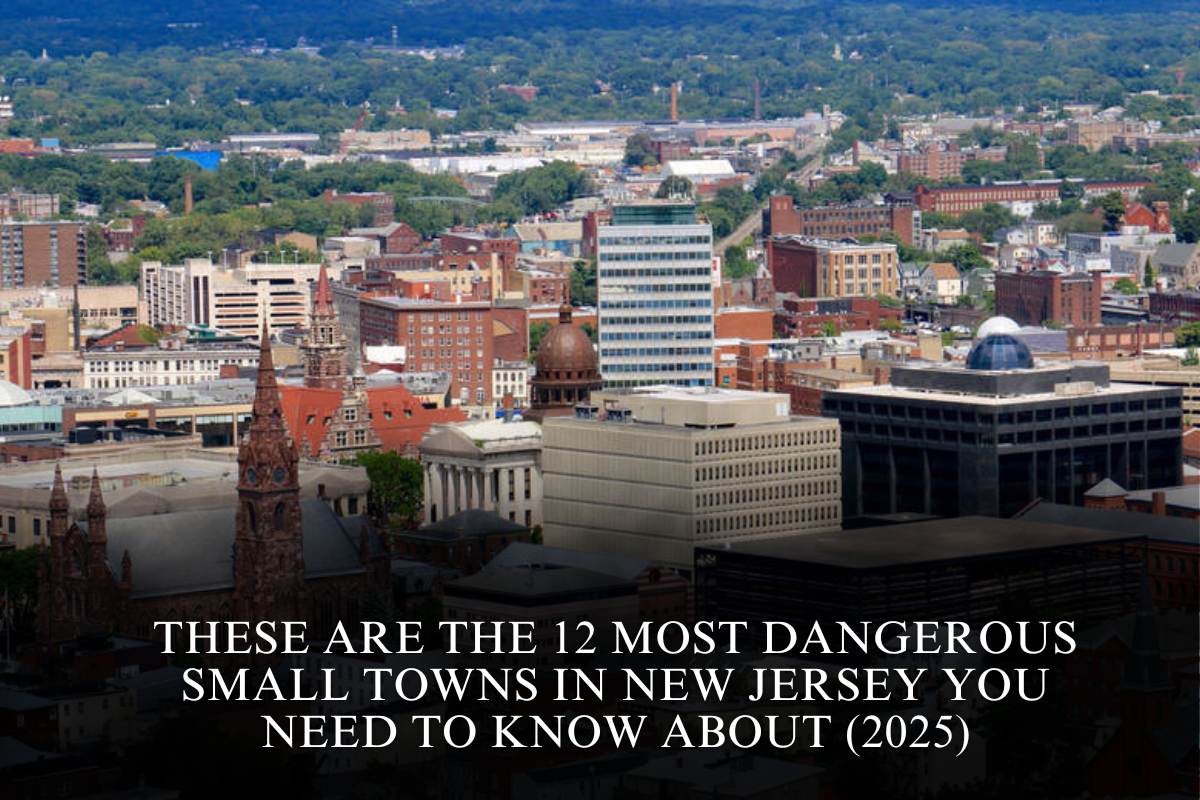If you’re considering a move to Alabama, it’s essential to weigh the potential drawbacks along with the benefits. Here are ten reasons why life in the Heart of Dixie might not be a perfect fit for everyone.
1. Extreme Heat and Humidity
Summers in Alabama are long, hot, and relentlessly humid. Temperatures frequently exceed 90°F, with high humidity making outdoor activities uncomfortable and increasing reliance on air conditioning.
2. High Risk of Severe Weather
Alabama faces frequent severe storms, including tornadoes and hurricanes. The state is part of “Dixie Alley,” which sees a high number of tornadoes annually. Residents must be prepared for emergency situations and potential storm damage.
3. Struggles with Public Education
Alabama consistently ranks near the bottom nationally for K-12 education outcomes. Issues include underfunded schools, low standardized test scores, and limited resources, especially in rural areas.
4. Limited Public Transportation
Most cities and towns in Alabama have minimal public transportation options. Unless you live in one of the largest cities, a car is essential for daily life.
5. Bug and Pest Problems
Cockroaches, mosquitoes, and other bugs are a persistent part of life in Alabama’s warm, humid climate. Keeping pests at bay is a continual challenge, even in clean homes.
6. High Crime Rates
Alabama ranks among the higher states in the U.S. for both violent and property crime rates. Safety concerns are especially prevalent in certain cities and neighborhoods.
7. Healthcare Challenges
The state’s healthcare system struggles with limited access, especially in rural regions. Alabama ranks near the bottom nationally for healthcare outcomes, with issues including high rates of uninsured residents and lower quality of care.
8. Poverty and Economic Disparity
Alabama has one of the nation’s highest poverty rates, with many communities struggling economically. The average income is well below the national average, and income inequality is a significant concern.
9. Restrictive Blue Laws and Alcohol Policies
Some counties are “dry” (no alcohol sales), and others limit when and where alcohol can be sold. In addition, many businesses close early or stay closed on Sundays, which can be inconvenient for new residents.
10. Limited Diversity and Conservative Culture
Alabama’s population is less diverse than other states, particularly outside of major cities. The political and social climate leans strongly conservative, which may not suit everyone, especially LGBTQ+ individuals or those seeking a more progressive environment.
| Reason | Why It Might Be a Problem |
|---|---|
| Extreme Heat & Humidity | Makes outdoor life tough, high energy bills |
| Tornadoes & Hurricanes | Frequent and sometimes destructive weather events |
| Struggling Education | Lower school rankings, underfunded public schools |
| Little Public Transport | Car required for most commutes and errands |
| Pest Infestations | Bugs like cockroaches & mosquitoes are common |
| High Crime Rates | Above-average violent & property crime |
| Healthcare Issues | Limited access and poorer overall outcomes |
| High Poverty Level | Economic struggle for many, lower average incomes |
| Restrictive Laws/Store Hours | Blue laws and alcohol policies may be frustrating |
| Conservative, Less Diverse | Limited diversity and more traditional social attitudes |
Consider these factors carefully to decide if Alabama will suit your lifestyle and values.
Sources
[1] https://thehonestlocal.com/living-in-alabama-moving/
[2] https://www.apartmentguide.com/blog/pros-and-cons-of-living-in-alabama/
[3] https://www.travelsafe-abroad.com/pros-and-cons-of-living-in-alabama/
[4] https://www.themobilerundown.com/pros-and-cons-of-living-in-alabama/
[5] https://homeia.com/city-living-guide/pros-and-cons-of-living-in-alabama/







